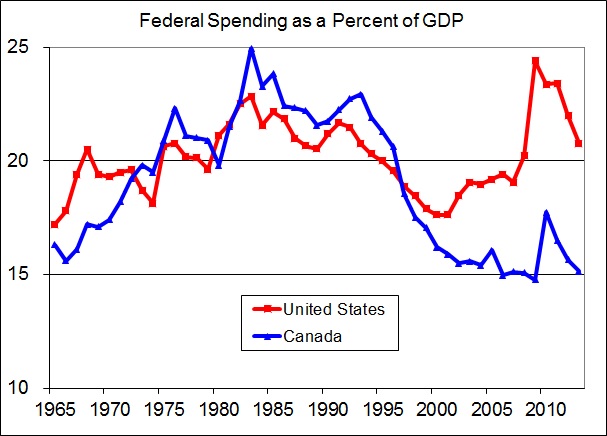On Wednesday, a bomb exploded outside the Bank of Greece.![]()
Though it injured no one, it was a stark reminder that, despite today’s apparently successful bond sale, Greece is pretty fucking far from okay, to steal a phrase from Pulp Fiction.
Astonishing just about everyone, Greece held its first bond sale for the first time in four years, raising €3 billion ($4.2 billion) at a freakishly low yield of 4.95% for a five-year issue. But demand for the bonds was more in the range of €20 billion ($27.8 billion), which is over 10% of current Greek GDP:
The order book includes €1.3bn of orders from the arranging banks, but is a striking confirmation of the ravenous appetite for eurozone periphery debt. One person close to the deal said there had been more than 550 different investor accounts placing orders.
€3 billion is not a lot of financing compared to the €240 billion that Greece has received through two bailouts funded by the ‘troika’ of the International Monetary Fund, the European Commission and the European Central Bank. For Greek prime minister Antonis Samaras and his coalition government, the sale was more a symbolic success than anything else — it’s a signal that Greece is once again open for business in the international bond market and emerging from the worst of its debt crisis:
“The international markets have expressed in the clearest possible manner their trust in the Greek economy, their trust in Greece’s future,” he said. “They have shown trust in the country’s ability to exit the crisis, and sooner than many had expected.”….
Deputy Prime Minister Evangelos Venizelos also hailed the country’s return to the markets, arguing that it was a “major achievement that Greece did not turn into Argentina or Venezuela.” He also launched a strongly worded attack on SYRIZA, which objected to the bond issue, accusing the leftists of being “political parasites that live off the [EU-IMF] memorandum.”
“They should be ashamed of themselves,” he said. “Instead of appreciating this moment of joy for the Greek economy and society, they are miserable.”
Despite the government’s victory lap, Greece is still a mess, it remains stuck in a depression with a political system under duress.
Continue reading Despite bond sale, Greece is still pretty far from normal


